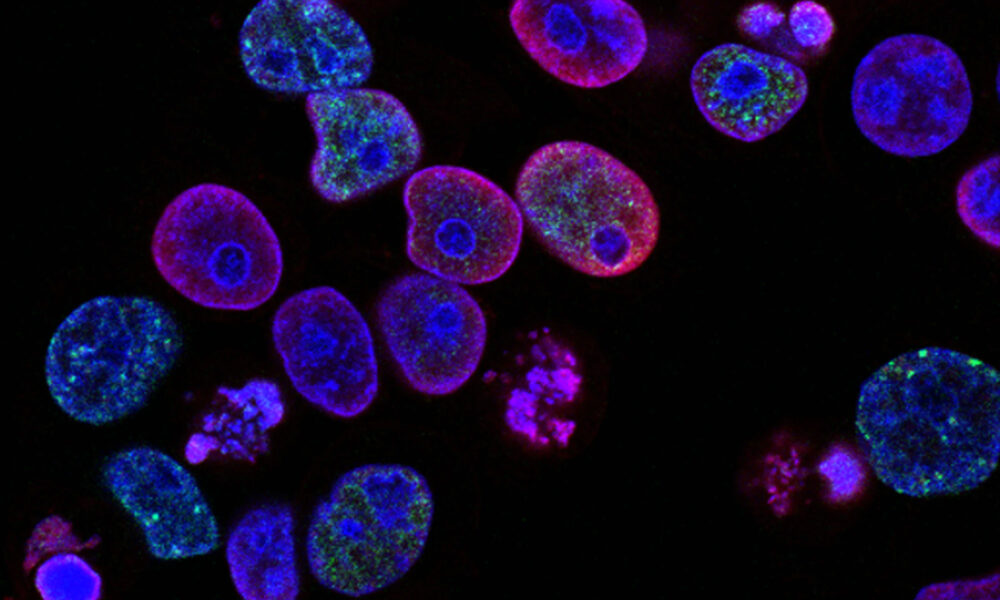News
Turkish Healthcare Startup RS Research Uses Nanotech To Selectively Destroy Tumors
The startup designed a nanotechnology platform for highly targeted delivery of drugs directly to cancer cells.

All currently available types of treatment for cancer leave a lot to be desired — both in terms of their effectiveness and side effects. Chemotherapy, for example, is effective at preventing cancer from spreading to other parts of the body and even capable of eliminating it entirely, but it can’t tell the difference between cancer cells and healthy cells. Turkish healthcare startup RS Research strongly believes that it has the recipe for significantly increasing the effectiveness of drug-based cancer treatments like chemotherapy.
The startup designed a nanotechnology platform for highly targeted delivery of drugs directly to cancer cells. The platform is called Sagitta, and the name comes from the Latin word for “arrow.”
“Sagitta platform is a groundbreaking technology approach utilizing Polymer Drug Conjugates to target the tumor with a high payload of cytotoxins; resulting in high efficacy with reduced side-effect profile. In addition to moving our own candidates through clinical development, Sagitta platform is available for co-development projects,” explains RS Research on its website.
In other words, Sagitta allows drugs to do their job with minimal side effects, making it possible to avoid causing damage to healthy cells. If everything goes right, the technology could be used to support cancer treatment in Turkey and beyond as early as 2024.
Also Read: FDA Approves Israeli Cancer-Freezing Technology
Together with other innovative cancer treatments, such as gene therapy, hormone replacement therapy, and immunotherapy, scientists and doctors are gradually expanding the range of treatment options available to cancer patients, and we can only hope that a real cure isn’t too far away.
Not too long ago, the FDA approved an Israeli medical technology after demonstrating its ability to eliminate tumors using new cancer-freezing technology.
The COVID-19 pandemic has greatly accelerated many areas of medical research, and it would be a welcome turn of events if some coronavirus-related findings helped finally defeat cancer.